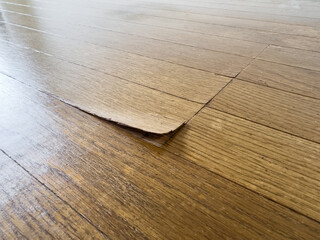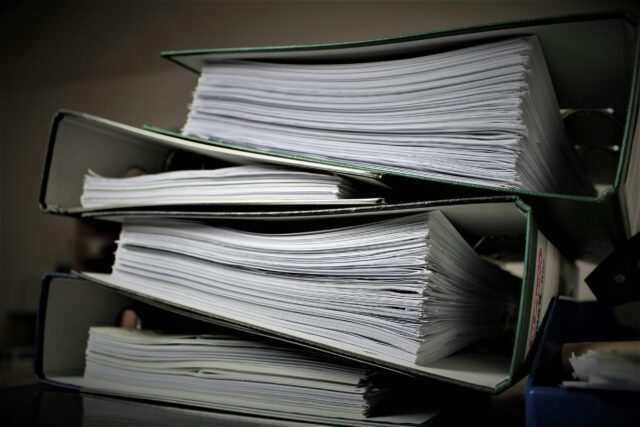Tripping and falling on an uneven surface can be extremely painful and result in significant injuries and property damage. If you were involved in such an accident, it is imperative that you understand your legal rights and options regarding compensation. Uneven flooring can be used as grounds in a premises liability claim or lawsuit, given that the property owner’s negligence can be proven. To learn more and secure experienced legal representation during your case, read on and speak with a knowledgeable Bergen County slip & fall lawyer today.

What is Premises Liability?
Premises liability is a term that refers to the responsibility a property owner has for accidents and injuries that occur on their property due to their negligence or other behavior. This legal concept holds property owners, lessees, occupants, etc., accountable when injuries occur as a result of hazardous conditions on their property. This principle applies whether the property is residential, commercial, or public.
The purpose of premises liability is to ensure an injured individual can recover compensation for damages sustained at the hands of a property owner. It legally obligates an owner to provide a reasonably safe environment for lawful guests and visitors.
Can I Use Uneven Flooring as Grounds for a Premises Liability Claim in NJ?
Yes, uneven flooring can be used as a valid reason to file a premises liability claim in New Jersey. Premises liability laws require that property owners conduct regular inspections of their property, perform maintenance to ensure proper functioning of equipment, act promptly to rectify any hazards, and warn visitors about possible dangers. The following are common grounds for a premises liability claim if they result in injuries or damages.
- Spills, leaks, or slippery surfaces
- Inadequate lighting
- Insufficient security
- Defective or broken equipment
- Uneven surfaces
Uneven flooring is one of the biggest culprits of slips, trips, and falls. Cracked tiles, loose or warping floorboards, uneven pavement, bunched carpeting, and more are all defects that can cause a serious hazard to others.
How Can I Win a Premises Liability Claim?
To win your premises liability claim based on uneven flooring, you must be able to provide evidence that the hazard was present and the property owner was negligent in failing to identify or fix the danger. The four elements of negligence that must be established are as follows.
- The property owner owed you a duty of care to provide a safe environment
- The property owner breached the duty of care by failing to address the uneven flooring
- The breach of duty directly led to your accident and injury
- You sustained real damages as a result
Personal injury law can be complex, so it is crucial that you understand your legal rights and options to protect your ability to recover compensation. Reach out to a skilled attorney at Feitlin, Youngman, Karas & Gerson, LLC to discuss your situation with a trained professional today.


